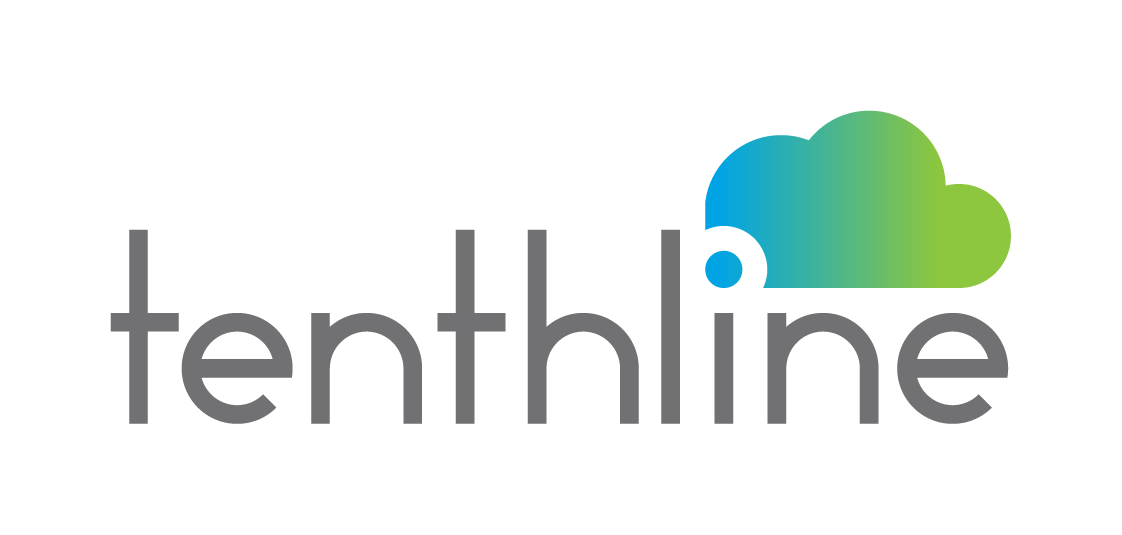Artificial intelligence has been a hot topic in recent years, with many people touting its potential to revolutionize industries and improve our lives in countless ways. However, there are also growing concerns about the potential harm that AI could cause if not properly regulated and controlled. This issue has been brought to the forefront again with the recent resignation of a Google chatbot engineer, who expressed concerns about the direction that AI research is taking.
Geoffrey Hinton, a renowned AI expert and Google chatbot engineer, recently announced his resignation from the company, citing concerns about the risks that AI poses to humanity. In an interview with The New York Times, Hinton expressed his belief that AI could cause serious harm if it continues to be developed without proper oversight and regulation.
Hinton’s concerns are not unfounded. As AI technology continues to advance at a rapid pace, there are legitimate worries about its potential to cause harm in a variety of ways. For example, some experts worry that AI could be used to develop autonomous weapons that could make life-and-death decisions without human oversight. Others worry that AI algorithms could be used to discriminate against certain groups of people, perpetuating existing biases and inequalities.
Perhaps most concerning of all is the potential for AI to become uncontrollable or unpredictable. As AI systems become more advanced and complex, it becomes increasingly difficult to predict how they will behave in certain situations. This lack of predictability could be catastrophic in certain contexts, such as in the operation of critical infrastructure or the management of financial markets.
So what can be done to address these concerns and ensure that AI is developed and used in a responsible manner? First and foremost, it is essential that governments and other regulatory bodies take a proactive approach to AI governance. This means establishing clear guidelines and standards for the development and use of AI, as well as investing in research to better understand the potential risks and benefits of this technology.
At the same time, it is also important for individuals and organizations to take responsibility for the use of AI. This means being transparent about how AI systems are being used and ensuring that they are not causing harm or perpetuating existing biases.
In conclusion, while AI certainly has the potential to transform our world in incredible ways, it also poses serious risks if not properly regulated and controlled. The resignation of Geoffrey Hinton serves as a stark reminder of the need for responsible AI governance and the importance of taking this issue seriously. It is up to all of us to ensure that AI is developed and used in a way that benefits humanity as a whole, rather than causing harm.


Leave A Comment